A sophisticated water filtration plant that turns dairy shed effluent into clean, clear water is to undergo extensive independent testing when FORSI Innovations installs a plant on a Palmerston North dairy farm in July.
The high tech filtration system, which was on display at Fieldays, fits inside a customised 40ft container. The system is fully automated and every aspect of its operation and output is closely scrutinised by various sensors and meters.
“We are so confident in the quality of water our system produces that we have drunk it ourselves,” says FORSI’s head filtration engineer Darren Hawes. The company is the brainchild of Terry Hawes, who runs it with his sons Darren and Craig – and the dairy effluent system is the result of seven years’ extensive and continual research and development.
“This system is able to process 3000 litres of water an hour,” says Darren.
FORSI’s Head Filtration Engineer Darren Hawes at the entrance to the customised container in which the company’s high tech water filtration system is installed. The process begins with effluent passing over FORSI’s specifically designed screen and sediment removal equipment, which removes the larger suspended solids before the liquid is captured into a “blending” tank. From here the liquid is pumped into the customised container, which houses the filter where a patented infusion process takes place, organic polymers are added to capture nutrients and polishing filtration finishes the process to create the high quality clean water. “The end result is clean, clear water which can be used for irrigation, re-used for dairy shed washdown or even stock water,” says Darren. “This water is free from odours, pathogens, total suspended and dissolved solids, and total nitrogen and phosphorous.” FORSI is working to have the system compliant so water processed by its filtration plant can be discharged direct to the waterways if needed, without the risk of prosecution. Installing a FORSI dairy effluent filtration system is significantly cheaper than building large effluent holding ponds, says Darren, and treating the water to such a high standard reduces environmental impacts. The solids and nutrients removed can be composted and used as a fertiliser, says Darren. “We know of no other filtration system that can take the washdown water directly from the cowshed yard and process for reuse to this high standard.”


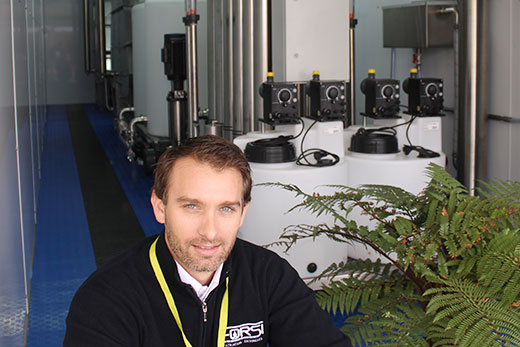
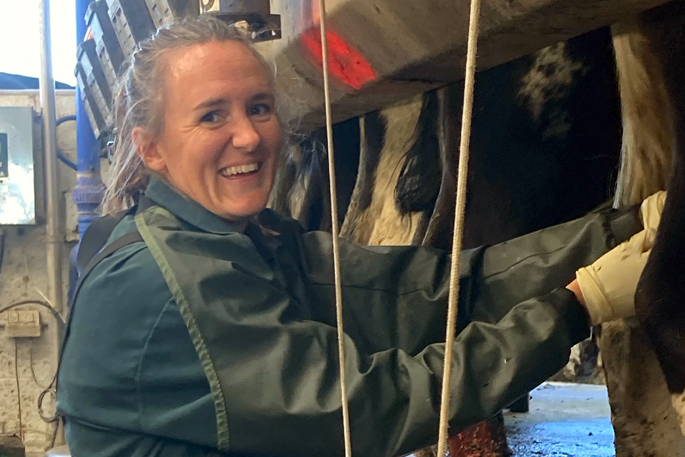
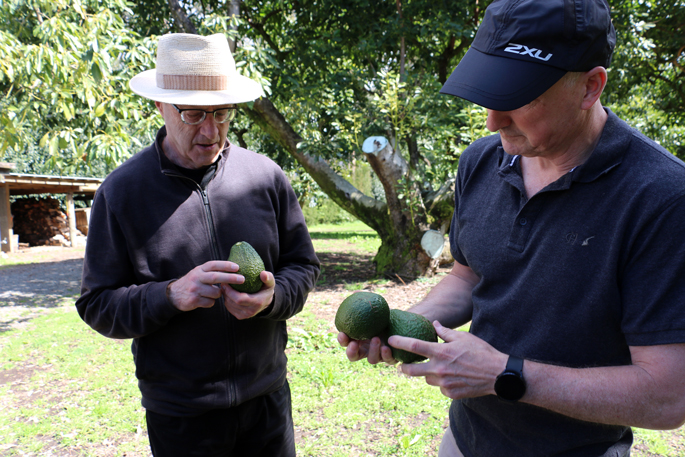
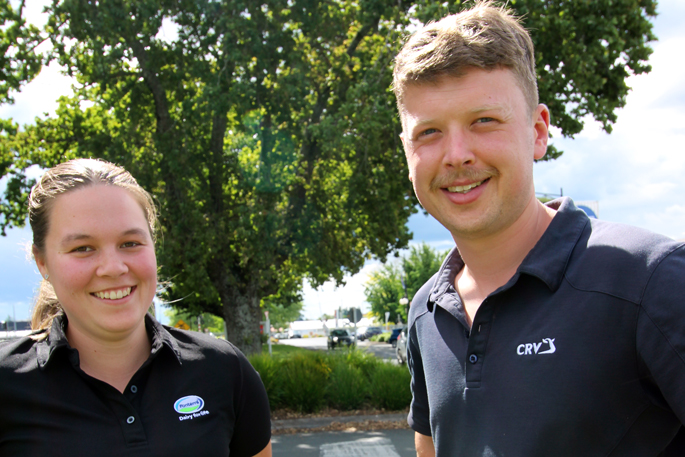
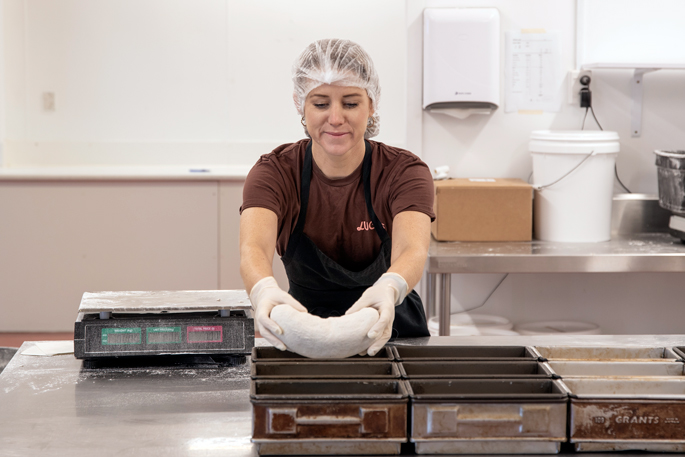
0 Comments
Leave a Comment